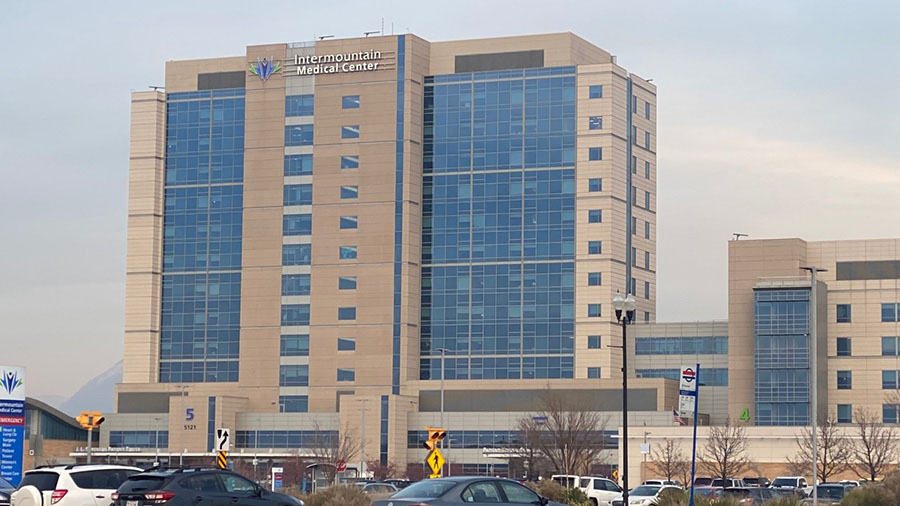MURRAY — Doctors at Intermountain Health said Monday they were introducing a “cutting-edge” therapy they hoped would make a difference for patients with advanced melanoma skin cancer.
Tumor-infiltrating lymphocyte (TIL) therapy is used to treat melanoma where the cancer cannot be surgically removed, or where it has spread.
Dr. Caroline Nebhan, Intermountain Health medical oncologist, said the therapy featuring the new medicine AMTAGVI is a potential difference-maker for those with unresponsive melanoma.
“This is a treatment that uses a patient’s own immune cells,” Nebhan said during an interview Monday morning. “Once the patient has (a) walnut-sized piece of that tumor removed, it is then sent to a lab. That lab has proprietary processes where those immune cells are extracted from the tumor and then they’re expanded into the order of billions.”
According to officials, the manufacturing process takes approximately 34 days, at the end of which immune cells are frozen down in liquid nitrogen and mailed to Utah.
Nebhan said the patient receives a short course of chemotherapy before the immune cells are then infused back into the patient at LDS Hospital under the management of Intermountain Health’s bone marrow transplant team.
“The clinical trials that led to the FDA approval of this study showed that about a third of patients could have a really great response to this treatment,” Nebhan said.
According to information provided by Intermountain Health, AMTAGVI has allowed this type of therapy to be offered in places beyond a select number of treatment centers because of a process that allows a patient’s T cells to grow at centralized facilities in the U.S.
Previously, doctors said there were only some academic labs that could grow and expand T cells.
Nebhan said the new therapy only received FDA approval last year, and it is available at less than 50 centers across the country.
Intermountain Health, she said, was the first in Utah to perform surgery as part of the therapy process.
So far, 2 patients have received the surgery and are awaiting infusions over the next few weeks, according to Nebhan.
“We’re really hopeful that this will bring a lot of promise for patients without other good options,” Nebhan said.
